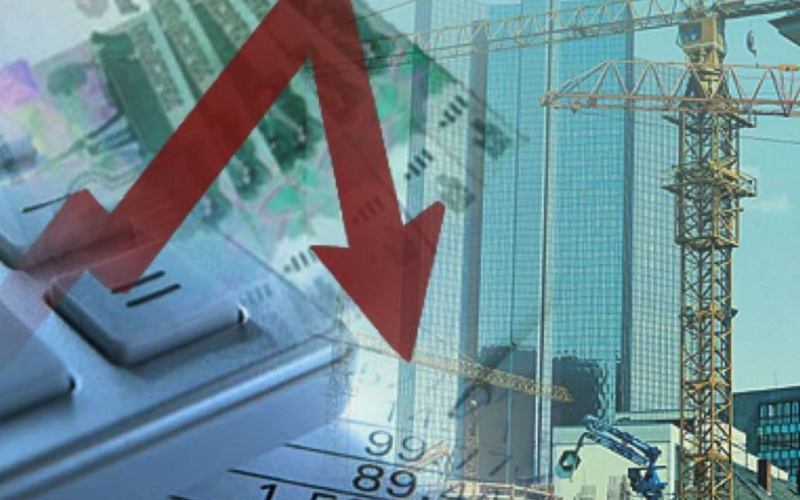
Experts believe that military purchases will keep the Russian economy afloat for some time, but this cannot continue forever.
Russia would already be in recession if not for the country's huge military budget. War spending is supporting the economy, but Moscow faces major challenges, including soaring inflation and growing currency problems. According to experts, war may be the only way for Russian authorities to keep the economy afloat.
Business Insider writes about this.
According to Boston University economist Jay Zagorsky, the invasion of Ukraine is probably the only thing that has prevented the country from sliding into recession, since the sagging economy is offset by Russia's huge military budget. However, increasing military spending may only be a temporary solution to Moscow's growing economic problems. The dilemmas facing the Kremlin include spiraling inflation and protracted currency and budget problems.
“The Russian economy is currently supported by large volumes of government spending, so there will be no slowdown in any sector of the economy where there are government purchases. Therefore, if there were no war, then yes, I think there would be a recession,” Zagorsky noted.
University of California economist Yuri Gorodnichenko noted that Russia will allocate a record 13.2 trillion rubles for its defense budget next year. This should give its economy a boost, but such “monster” spending cannot continue forever.
“With government money they can keep the economy afloat, but at some point the government will run out of money, so they will have to stop, and they will have a recession,” he added.
Russian economy nearing collapse
Inflation is currently one of the biggest problems in Russia. According to government statistics, consumer prices in August rose by 9% compared to the same period last year. But the real picture on the consumer market may be “much hotter.” In addition, the Central Bank of Russia raised rates to 19% in September, the highest level since the invasion of Ukraine.
“This tells me that inflation may actually be higher, they are slightly understating the statistics,” Zagorsky noted.
He added that in the Soviet Union, understating its inflation figures during the Cold War was common practice.
At the same time, the Russian economy suffers from currency problems, particularly due to limited access to the dollar and other Western sanctions. This limits Russia's ability to trade, especially energy, which makes up a significant portion of its overall income.
So Russia has been forced to turn to alternative currencies, such as the Chinese yuan, to shore up its balance sheet and support trade. But Chinese businesses are increasingly trying to avoid doing business with Russia for fear of being subject to secondary Western sanctions.
“Russia is selling less to China or getting less in any volumes, physical volumes, that they send to China. All of this contributes to economic problems in Russia,” Gorodnichenko believes.
In his opinion, Russia could experience a serious recession next year if the country runs out of dollars. In addition, the country's oil revenues have fallen, while military spending has increased. In part, this was a consequence of the global fall in crude oil prices.
“Russia is expecting not only a reduction in demand for its products, but also a fairly sharp drop in prices. This is a kind of double blow. For me, this is a fairly simple story. The question is how long can the Russian economy continue to develop in the face of these strong headwinds?” – said Zagorsky.
Both experts cannot yet accurately predict when a recession might begin in Russia. Ultimately, it will depend on how long the war in Ukraine continues – and, consequently, the costs of the war.
Recall that, according to Ukrainian President Volodymyr Zelensky, from 2025 the Russian economy will decline, and the discontent of Russians will grow. The dissatisfied Russian society is the “nuclear weapon” that can destroy Putin.
Similar topics:
More news

